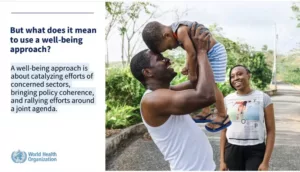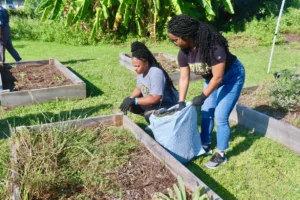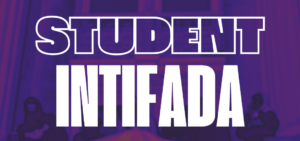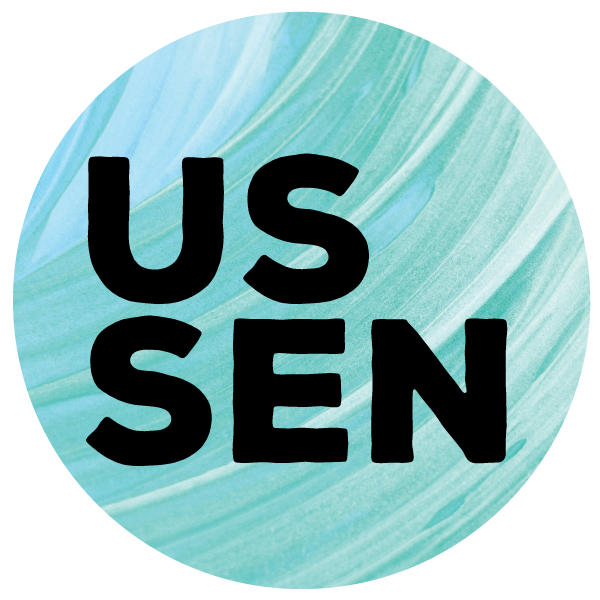
UN Task Force on Social and Solidarity Economy (UNTFSSE) Holds its 48th Virtual Meeting
This meeting gathered 31 international representatives from Member and Observer organizations representing progress made on enhancing the role of the SSE within the UN system and beyond. On 20 June 2024, the UN Inter-Agency Task Force on the Social and Solidarity Economy (UNTFSSE) convened virtually for its 48th regular meeting since the establishment of the Task Force in 2013. Advancing partnerships and collaboration The session opened with welcoming remarks from the co-chairs, Simel Esim (ILO) and Chantal Line Carpentier (UN Trade and Development), who underscored the importance and potential of activating the social and solidarity economy amidst the current global crisis. The minutes from the 47th meeting were reviewed and

Realizing the Solidarity Economy (NPQ Collection)
Nonprofit Quarterly has curated a collection of articles and tools on their website called “Realizing the Solidarity Economy!” A great resource. “Our Economic Justice Collections presents published articles, webinars, and other materials that outline critique, policy, movements, and democratic practices aimed towards the ambitious projects of constructing a world rid of our current forms of exploitation and realizing equality and collective flourishing. From labor to public policy, from community land trusts to corporate wealth taxes, from the racial wealth gap to cooperative ownership, these ideas and practices are the building blocks of the better world we want to create.” Realizing the Solidarity Economy “Here we explore the theory and practice

The Solidarity Economy (from AFSC.org)
The American Friends Service Committee published a piece on the Solidarity Economy and mentioned USSEN! “In the U.S. and around the world, communities are exploring just, sustainable alternatives to capitalism. Here’s how you can get involved. “Working for economic justice often reminds me of the myth of Sisyphus, who was condemned by the gods to eternally roll a rock up a mountain only for it to roll back down again. Sometimes you can win lasting victories, defend past gains, or at least reduce the harm that would otherwise have been done. But engaging in similar struggles—like state and federal budget issues—over and over, however necessary, can get tiresome. “Fortunately, these struggles aren’t

Worker Self-directed Nonprofits in Practice (Recording)
From Nonprofit Quarterly: Remaking the Economy: Worker Self-Directed Nonprofits in Practice. Click here to watch the recording of this webinar session. Click here to download this webinar’s slides. Click here to see selected links provided by the live chat. Also, here is our own list of suggested resources: Rebecca Bauen, “Democratic Management: Lessons from Worker Cooperatives,” NPQ, June 2, 2021. Faye Christoforo, “Want Democratic Leadership at Your Nonprofit? Here Are Some Dos and Don’ts,” May 7, 2024. Steve Dubb, Nicole Koch, Yarissa Soriano and Anj Talley, “Remaking the Economy: How to Design Democratic Management.” NPQ, April 15, 2022. Sustainable Economies Law Center, Worker Self-Directed Nonprofits, Oakland, CA: no date. Nicole Wires, “Making Economic Democracy

Goddard College For Sale: A Future Just Transition Campus
The People’s Network for Land & Liberation (PNLL) is a BIPOC-led Consortium consisting of Community Movement Builders Cooperation Jackson, Cooperation Vermont Incite Focus Native Roots Network, and Wellspring Cooperative, We are partnering with Full Spectrum Capital Partners and Resource Generation to raise $5 million to purchase Goddard College in Vermont and convert it into a Just Transition Campus as a community-owned space of transformational learning, experimentation and community resilience. Cooperation Vermont purchased The Marshfield Village Store in 2022 and has already converted the business into a profitable worker-owned cooperative. The second story is being used as affordable workforce housing and the third story is being developed for additional units. This

Student Intifada Panel Recording
STUDENT INTIFADA PANEL on Nakba Day Speakers included veterans from the 1968 and 1985 occupations at Columbia, Mark Rudd and Omar Barghouti, as well Maryam Alwan and Soph Askanase from the current insurgency. Yvonne Yen Liu from Solidarity Research Center will facilitate. Watch the recording We are at a turning point in the fight for Palestinian liberation. Apartheid in South Africa was ended because of internal and external agitation. In the US, students and faculty protested, demonstrated, and liberated buildings on campus to pressure universities to divest of their South Africa-related investments throughout the 1970s and 80s. Students at Columbia University blockaded Hamilton Hall (renamed Mandela Hall) for three weeks in April 1985,

What is the Solidarity Economy? (A Shareable explainer)
We stand at a historic moment—a crossroads in the history of humanity and Mother Earth. Rarely has there been a convergence of so many crises, from climate catastrophes to fascism. These are scary times, but crises also create opportunity. The last two major economic crises, the Great Depression and the stagflation of the late 1970s, resulted in fundamental shifts in the dominant capitalist economic model. Today, people’s faith in the status quo is shaken. There’s a growing openness to new narratives, new models, and new paradigms: the solidarity economy offers a transformative pathway to a new system beyond capitalism. Outline What is the Solidarity Economy?What are the key elements of

How to Build a Solidarity Economy: The Logic of Non-Reformist Reforms
by David Cobb and Emily Kawano As co-coordinators of the US Solidarity Economy Network (USSEN), we routinely face the joys and challenges of working with a wide range of social change agents and organizations to advance an explicitly post-capitalist framework. We’ve been at this for a while. USSEN was formed in 2007 at the first US Social Forum in Atlanta when approximately 15,000 folks gathered under the banner “Another World is Possible and Another US is Necessary.” The goals, then as now, were to organize around a common vision—one that centers racial, economic, and ecological justice; strengthens ties among existing organizations; and builds a broader and better-connected social justice movement.
